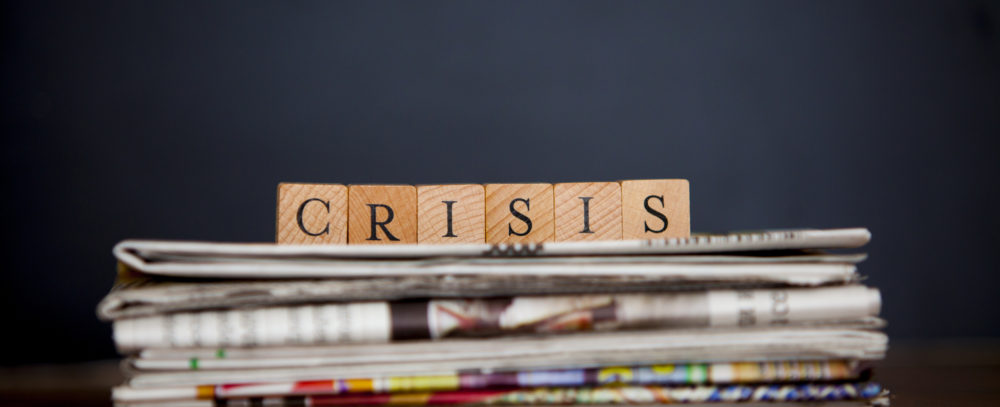From the Director’s Desk: 3 Lessons in Crisis Communications

Over the past few years, we have witnessed the damage done as false narratives spread via social media, escalating conflicts and eroding public trust: COVID-19 vaccines and election integrity, just to name a few.
After online social platforms, including Facebook, recently came under heightened scrutiny for their alleged role in amplifying conflict and feeding misinformation, the company responded by announcing a name change to Meta as a means of rebranding itself. But prior to this announcement, WCG experienced a firsthand case study in crisis communications and social media.
This pernicious dynamic played out with one of our clients, an academic institution. The incident began when an “academic” journal posted a piece discussing the “parasitic condition of Whiteness” and identifying its author by name. It just so happened the author shares the same name with another professor, who was employed by our client’s university, in a similar field.
Initial media coverage mistakenly attributed the article’s authorship to the wrong man and institution. Within minutes, other online media jumped on the bandwagon to report the same inaccurate story, which quickly metastasized on social media into calls for students to boycott the institution, calls for the resignation (or worse) of the author, and other more nefarious threats.
Even as our media relations team initiated outreach to news outlets demanding a correction/retraction, additional stories began popping up. It did not seem to matter that the original offending media outlet had quietly issued a correction and apology (at the bottom of the article) in response to our rapid outreach. The misplaced narrative continued to spread. It escalated to the point where physical threats to our client and the employee in question were made online and via phone messages, which had to be referred to local law enforcement.
This unfortunate firestorm only ended after WCG posted multiple times on a variety of online and owned channels, calling out the error, reiterating the institution’s support for the scholar in question, and its own strong track record on matters of social justice.
What are the lessons from this experience?
1. Media monitoring and social listening are essential to identifying and resolving a brewing online crisis. Left unattended, provocative posts or other negative online content can quickly spread and do reputational damage to any institution or individual within minutes.
2. Rapid response is essential. This whole incident from beginning to end lasted less than 24 hours. It also required the involvement of many individuals to review and approve messages and to rally their personal networks in support of the individual and institution.
3. A crisis fomented by online sources with poor credibility can easily spill into the mainstream media. There have been numerous times in the past year where mainline media have reported on a story that emanated from online sources of suspicious origin – making it even more difficult to rein in.
And so, as we await the much-heralded arrival of Meta’s new Metaverse – a virtual world using augmented and virtual reality to let users work, play and share experiences together – the question remains: how will this new platform change the way users communicate online? Could the Metaverse be used to build connection and mutual trust among users? Or is it just the newest advanced technological platform in which bad actors will figure out ways to push false narratives, damage institutional or personal reputations and erode societal trust? Stay tuned. Time will tell.
The best way to navigate a crisis is to be prepared before it strikes. Contact us at hello@wilksgrp.com to learn more about how we can partner to support your organization with an integrated crisis communications plan.